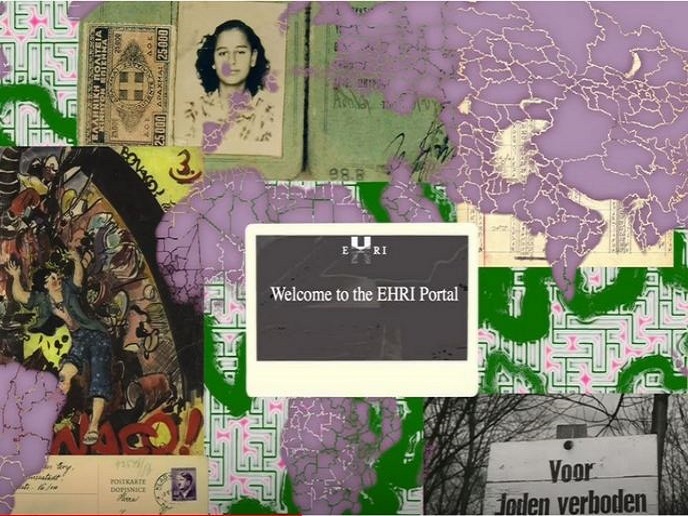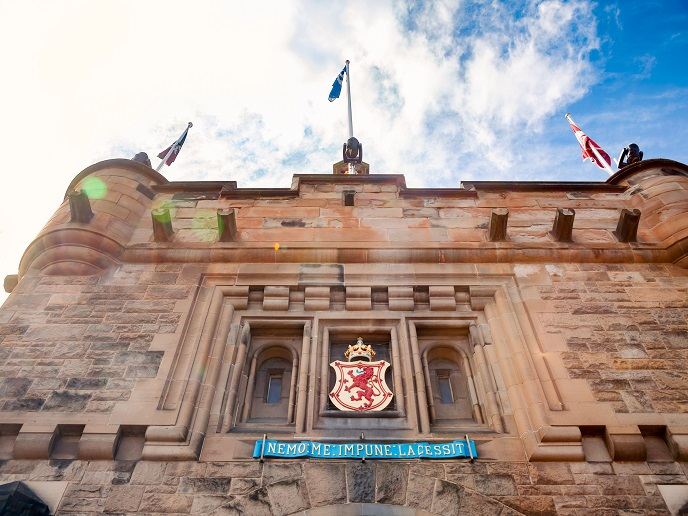Securing the future of transnational Holocaust research
As a poignant mark in European history, the Holocaust remains a significant component of modern-day European identity, and a key reference point to understanding and developing our societies in a progressive and inclusive direction. From this perspective, comprehensive and publicly available narratives and sources from the period play a key role. The EHRI project aims to ensure that Holocaust research remains relevant, easily accessible and as factually complete as possible.
Evening out regional and technological capacity gaps
Founded in 2010 and still going strong, the European Holocaust Research Infrastructure has made significant contributions to securing and disseminating Holocaust research across Europe, with a particular focus on European countries and regions that have been under-represented in the field. Thanks to the project consortium, which includes partners spread across Europe and beyond, EHRI has made it possible to reach those regions where much valuable Holocaust source material is located, but where access has hitherto been problematic, especially in eastern and southern Europe. Representing the second phase, 2015-2019, of a larger project supporting the mission of the European Holocaust Research Infrastructure, EHRI-2 expanded the research community by integrating local infrastructure, expertise and knowledge and offering new training opportunities for researchers. The overall aim was to even out capacity gaps between European regions. Important additions were also made to the EHRI Portal along with a strong focus on exploring new formats for digitalising Holocaust archives and research. “Coupled with our public outreach activities, we truly progressed towards enabling digital approaches with wide public resonance,” explains project coordinator Karel Berkhoff. As a result of the project’s efforts to expand and strengthen connections between members of the research community and to bring their resources, knowledge and expertise together under ‘one roof’, the EHRI Portal is now recognised as the go-to tool for studying the Holocaust from transnational perspectives. More than 150 000 archival unit descriptions were added in the course of this project, as well as 300 archival institutions and 17 country reports. “Our expectations for virtual access were exceeded,” adds Berkhoff. “By October 2018, we averaged 11 600 sessions per month, and many users were located in eastern and southern Europe.”
Laying the foundation for more inclusive societies
With EHRI-2 having ended in 2019, the European Holocaust Research Infrastructure is now supported by two project consortia consisting of 25 partners from across Europe, Israel and the United States. It is currently transforming itself from a project into an established organisation. Legal, financial and strategic work is under way to have this permanent body fully operational by January 2025, the 80th anniversary of the liberation of Auschwitz. Berkhoff emphasises that while the Research Infrastructure’s primary impact is scientific, it has also assumed a wider social and political agenda: “The recent rise of anti-Semitism, xenophobia and aggressive nationalisms demonstrates that Holocaust research is never a purely academic concern, but a prerequisite for open and non-discriminatory societies across Europe and beyond.” With its permanent establishment, the European Holocaust Research Infrastructure will be a key resource for society as a whole – available to citizens and decision makers as well as researchers – making sure that the events of the Holocaust continue to inform our values and actions as we build the future of Europe.
Keywords
EHRI, Holocaust, research infrastructure, source, transnational, eastern and southern Europe, portal, European history, digital, anti-Semitism







